Russia Plans to Discuss New Security Agreements with Former U.S. President Trump to ‘Roll Back’ NATO: What Does This Mean for Global Stability?
In a significant development that has raised eyebrows across the globe, Russia has announced its intention to discuss new security agreements with former U.S. President Donald Trump, aiming to “roll back” NATO and reshape the international security order. The move, which comes amid ongoing geopolitical tensions, suggests that Russia seeks to challenge the existing balance of power, while Trump, known for his critical stance on NATO during his presidency, may see this as an opportunity to advance his long-standing skepticism of the alliance.
In a statement, Russian President Vladimir Putin has made it clear that the ultimate goal is to “change the rules of the international order” to ensure that Russia no longer faces the perceived threats posed by NATO’s expansion. Meanwhile, Trump, who often advocated for reducing U.S. involvement in international alliances during his tenure, seems open to a new dialogue aimed at scaling back NATO’s influence in Europe.
This announcement has sent shockwaves through global political circles, with questions about the future of NATO, the stability of international relations, and the broader implications for global security.
The Context: NATO and its Role in Global Security
NATO, the North Atlantic Treaty Organization, was founded in 1949 with the primary objective of providing collective defense against external threats. Comprising 30 member states, including the United States, Canada, and much of Western Europe, NATO has long been a cornerstone of transatlantic security and has played a key role in maintaining peace in Europe, particularly during the Cold War and the post-Cold War era.
However, since the end of the Cold War, NATO has expanded its membership to include several former Soviet states, which has been a point of contention for Russia. President Putin has repeatedly expressed concerns about NATO’s eastward expansion, viewing it as a direct challenge to Russia’s sphere of influence and a threat to national security. Russia’s annexation of Crimea in 2014 and its military actions in Ukraine have further fueled tensions with the alliance, which has consistently opposed Russia’s aggressive actions in the region.
For Putin, a key priority is to secure new agreements that will effectively halt NATO’s expansion and reverse the alliance’s increasing presence near Russia’s borders. By engaging with Trump, who has been critical of NATO’s structure and its costs to the U.S., Putin may see an opportunity to gain traction on this front.
Trump’s Stance on NATO and His Potential Role in Discussions
Throughout his presidency, Donald Trump was known for his vocal criticisms of NATO. He repeatedly argued that the alliance was outdated and that European members were not contributing their fair share to defense spending, which led to tensions within the organization. Trump’s “America First” foreign policy and his desire to reduce U.S. involvement in international conflicts played into his skepticism of NATO and his calls for European nations to take more responsibility for their own defense.
Although Trump has not held office since 2021, his influence within the Republican Party and his ongoing involvement in political discourse leave room for speculation about his future role in shaping U.S. foreign policy, particularly regarding NATO. If Russia is seeking to engage in talks with Trump to weaken or reform NATO, it could reflect a broader geopolitical calculation: Russia believes that Trump may be more amenable to reducing NATO’s influence, given his past rhetoric.
In this context, a renewed dialogue with Trump on security agreements would mark a significant shift in the way NATO and its role in global security are approached. If Trump were to push for a reduction in NATO’s power, it could fundamentally change the strategic dynamics in Europe, particularly with regard to U.S.-Russia relations and the security of NATO’s eastern members.
Implications for NATO’s Future and Global Security
The prospect of a shift in U.S. foreign policy toward reducing NATO’s presence and influence raises important questions about the future of the alliance and the security landscape in Europe. NATO has long been a stabilizing force in the region, deterring potential threats and providing security guarantees to its members. Any significant weakening of the alliance could have far-reaching consequences, not only for Europe but for global security as a whole.
1. Impact on NATO’s Credibility and Cohesion
If the U.S. were to scale back its commitment to NATO or pressure European allies to do the same, it could undermine the credibility and cohesion of the alliance. NATO’s strength has largely rested on the collective defense principle, where an attack on one member is considered an attack on all. If the U.S., as a leading member of the alliance, were to disengage or advocate for a reduction in NATO’s activities, other member states may question the alliance’s ability to protect them in the face of growing external threats, particularly from Russia.
European members of NATO, especially those in Eastern Europe, are likely to feel particularly vulnerable in such a scenario. Countries like Poland, the Baltic states, and Romania, which share borders with Russia, have been vocal about the need for NATO to maintain a strong presence in the region to deter any potential Russian aggression.
2. A Shift in the Geopolitical Balance
The potential weakening of NATO could shift the global geopolitical balance in favor of Russia and other nations that are opposed to the current international security order. Without the deterrent effect of NATO’s collective defense, Russia may feel emboldened to assert its influence in neighboring regions, including Ukraine and the Baltics. Similarly, other adversaries of the West, such as China, may see an opportunity to expand their global influence in the absence of a strong NATO presence.
Additionally, such a shift could encourage other nations to reconsider their security arrangements, potentially leading to a restructuring of alliances around the world. The weakening of NATO could spur other regional security agreements or coalitions, but the overall result could be greater instability and a more fragmented global security architecture.
3. The U.S.-Russia Relationship
From Russia’s perspective, the offer to discuss new security agreements with Trump is an opportunity to recalibrate its relationship with the United States and secure concessions on NATO. However, it is important to note that the U.S. has long been committed to the principle of collective defense through NATO, and a change in this policy would not come easily. While Trump’s past rhetoric may align with some of Russia’s interests, any change in U.S. foreign policy would likely face significant opposition from both Democrats and Republicans, as well as NATO allies who are committed to the alliance.
Conclusion: A Pivotal Moment for NATO and Global Stability
Russia’s plan to engage with Donald Trump on new security agreements represents a pivotal moment for global security. If successful, it could reshape the international order and reduce NATO’s influence, potentially destabilizing Europe and the broader international security environment. The stakes are high, as the future of NATO and the global balance of power hang in the balance. The coming months and years will reveal whether this diplomatic maneuver will lead to significant changes in the world’s most important security alliance or whether NATO will continue to serve as the cornerstone of Western defense.
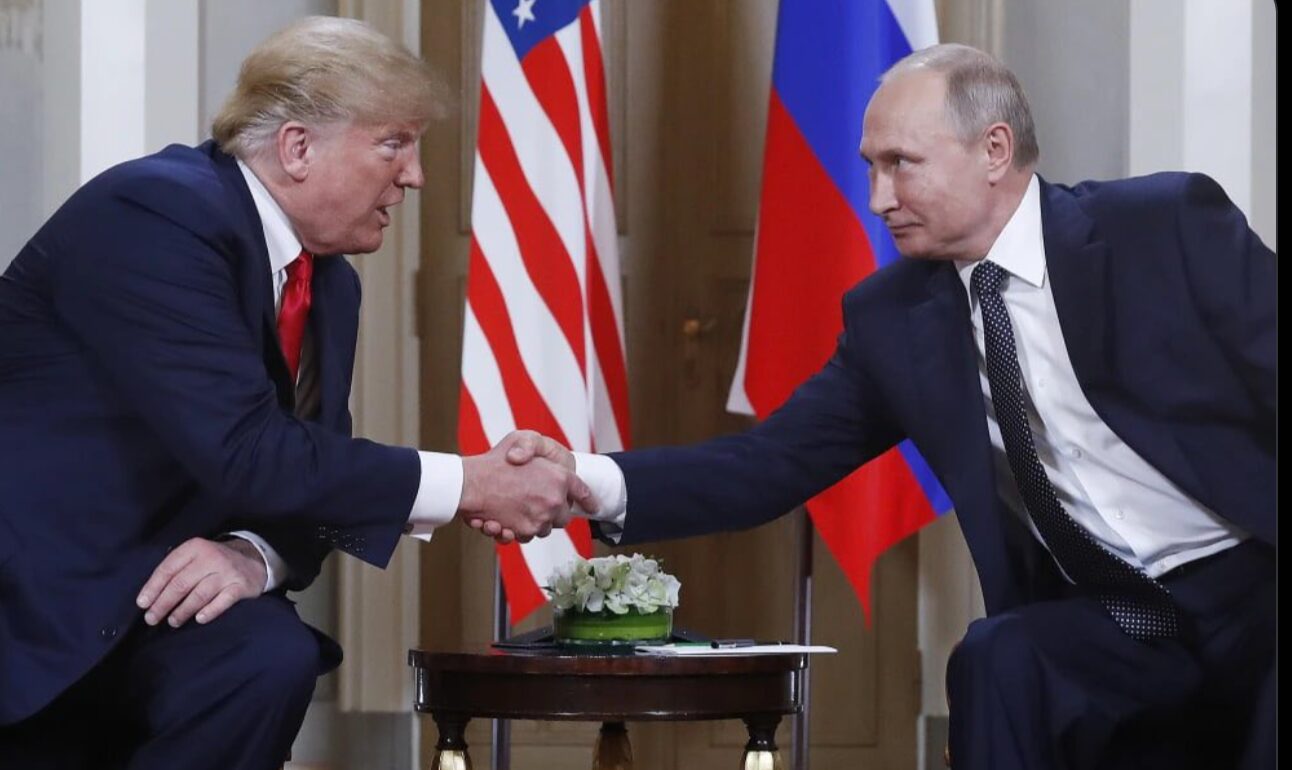
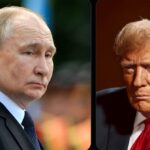
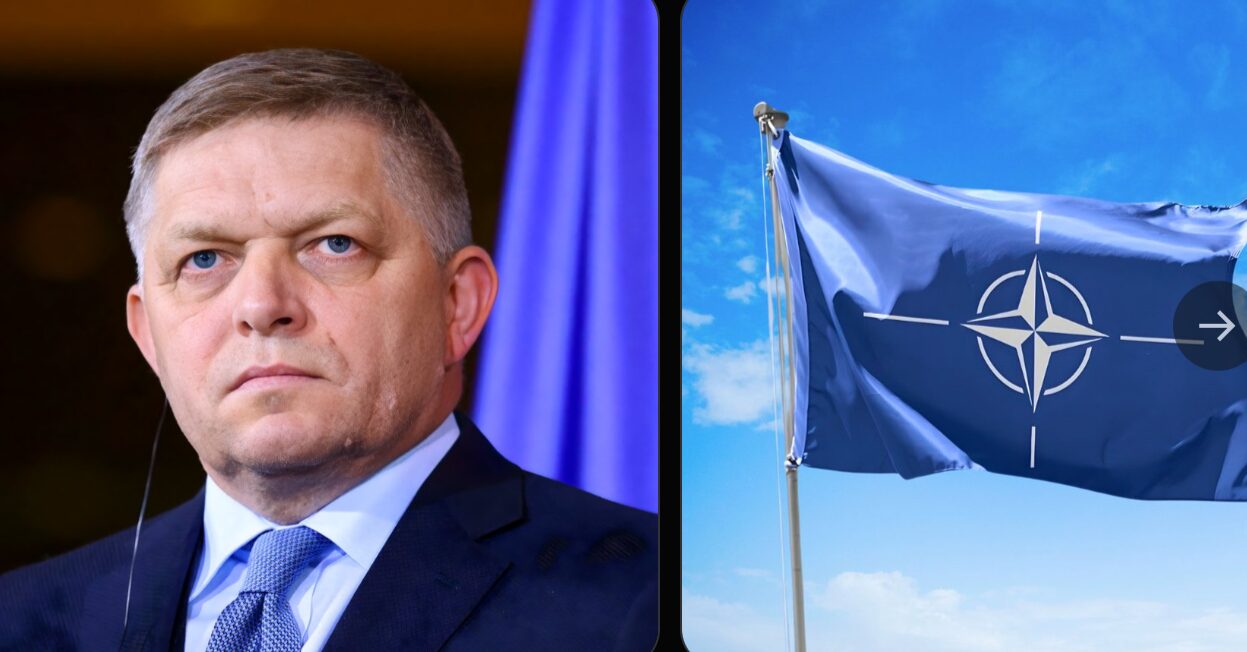
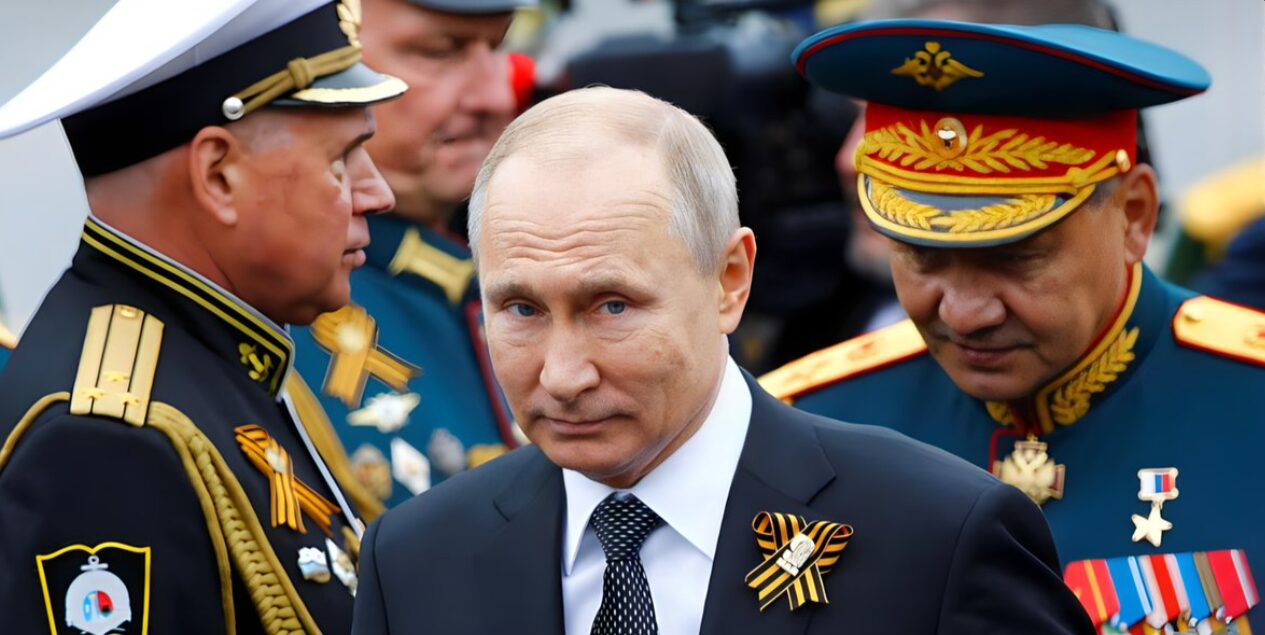

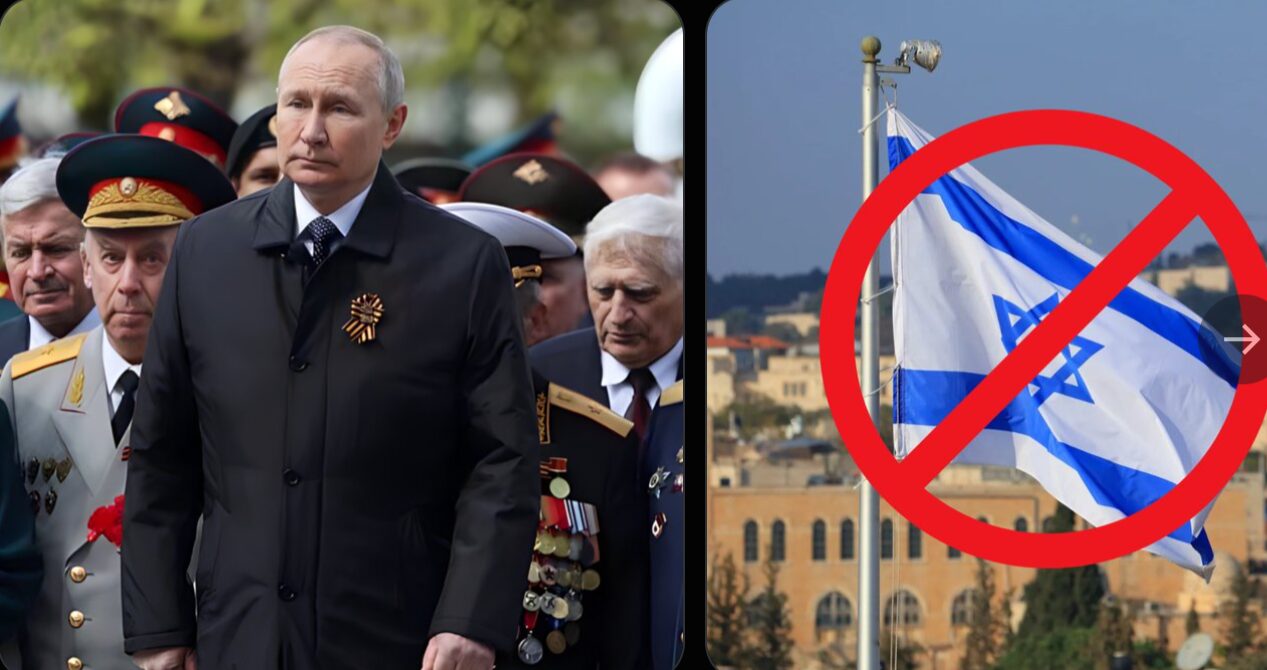
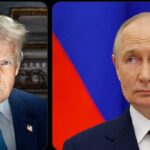
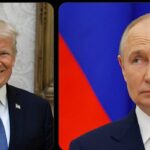
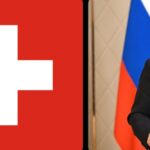








Post Comment